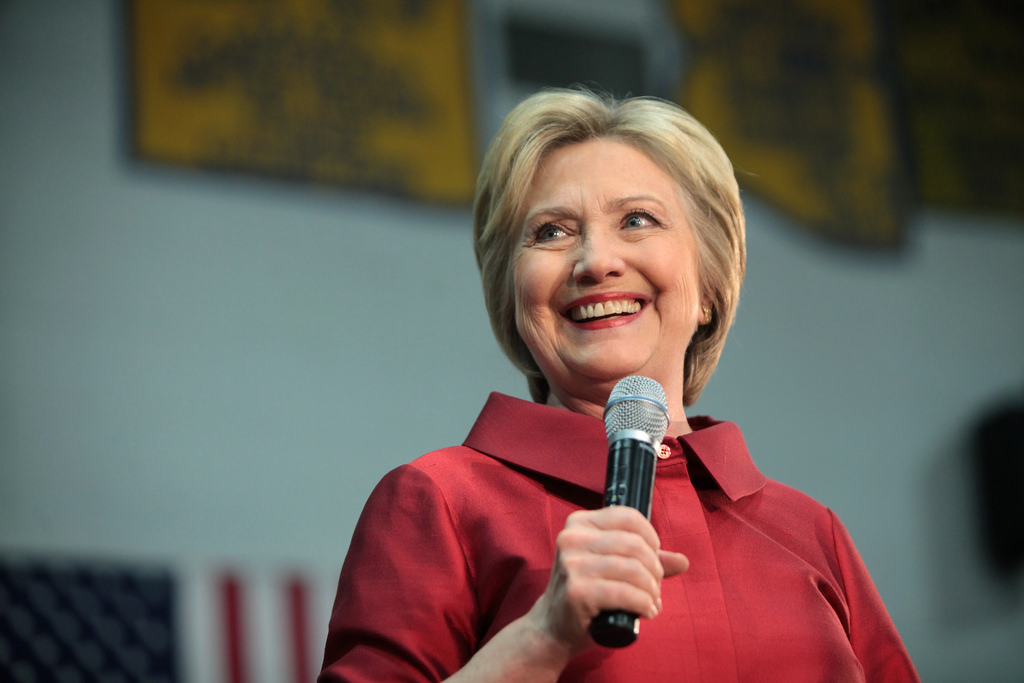One of the smarter critiques of today’s American liberalism is that it’s actually mainline Protestantism shorn of its explicitly Christian content. Former First Things editor Jody Bottum makes this critique in his book An Anxious Age but others have made similar arguments elsewhere.
Typically the point of making this observation is to highlight points of overlap between mainline Protestantism and today’s liberalism. But in light of Hillary Clinton’s “basket of deplorables” comment from late last week, it seems worthwhile to note where precisely today’s liberalism is deeply at odds with Christianity and how this discontinuity with liberal Christianity figures to be far more important than liberalism’s many continuities with that dying branch of American Christianity.
Login to read more
Sign in or create a free account to access Subscriber-only content.
Topics:
